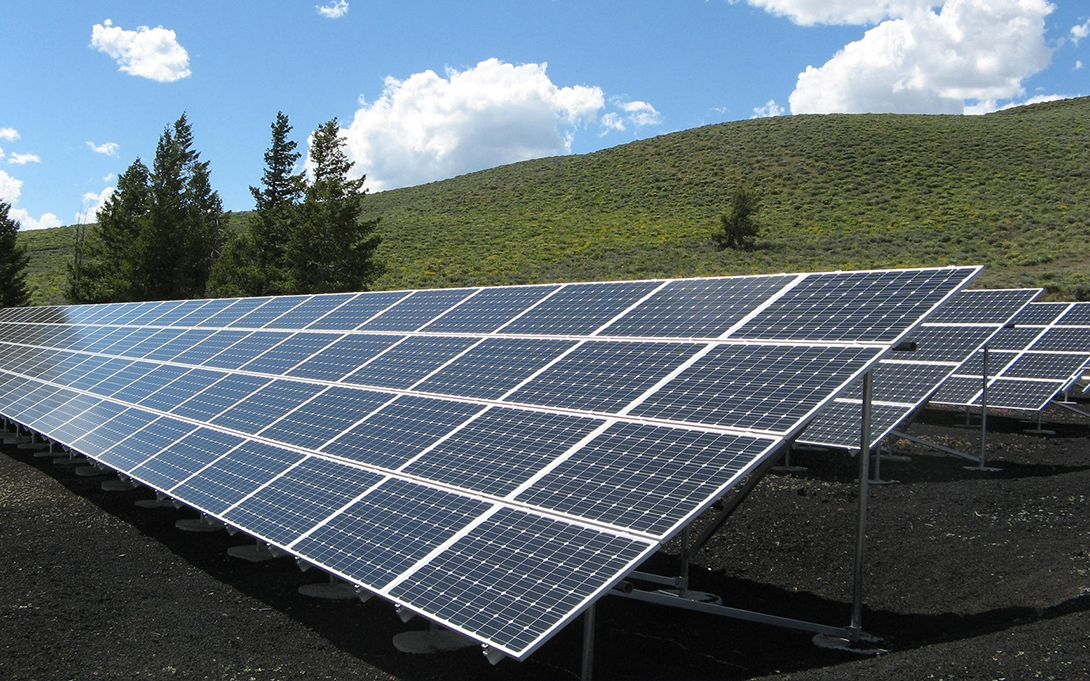
Sarah Mills, senior project manager at the Center on Local, State, and Urban Policy, has been selected for a grant from the U.S. Department of Energy Solar Energy Technologies Office. Mills, along with School for Environment and Sustainability assistant professor Michael Craig, is the principal investigator of a project that will equip stakeholders to make informed zoning decisions in rural communities.
Mills and Craig will research how rural communities in the Great Lakes region learn about and decide whether to zone for utility-scale solar. The project, “Mapping and Bridging Barriers in Knowledge Flows of How Solar Photovoltaics Affect Rural Community Economies,” will test various information dissemination strategies and study the impact of utility-scale solar on the economies of rural areas.
The project’s co-principal investigators include Gilbert Michaud (Ohio University), Steven Miller (Michigan State University Extension), and Hongli Feng (Michigan State University).
The Solar Energy Technologies Office Fiscal Year 2020 funding program supports projects that will improve the affordability, reliability, and value of solar technologies on the U.S. grid and tackle emerging challenges in the solar industry. This program funds projects that advance early-stage photovoltaic, concentrating solar-thermal power, and systems integration technologies, and reduce the non-hardware costs associated with installing solar energy systems.
In February 2020, the U.S. Department of Energy announced it would provide $130 million in funding for 55 to 80 projects in this program. Six of these projects—including this project—ill receive a total of $9.7 million to improve the flow of information to solar stakeholders.
This story is adapted from a post from the School for Environment and Sustainability, which can be seen here.